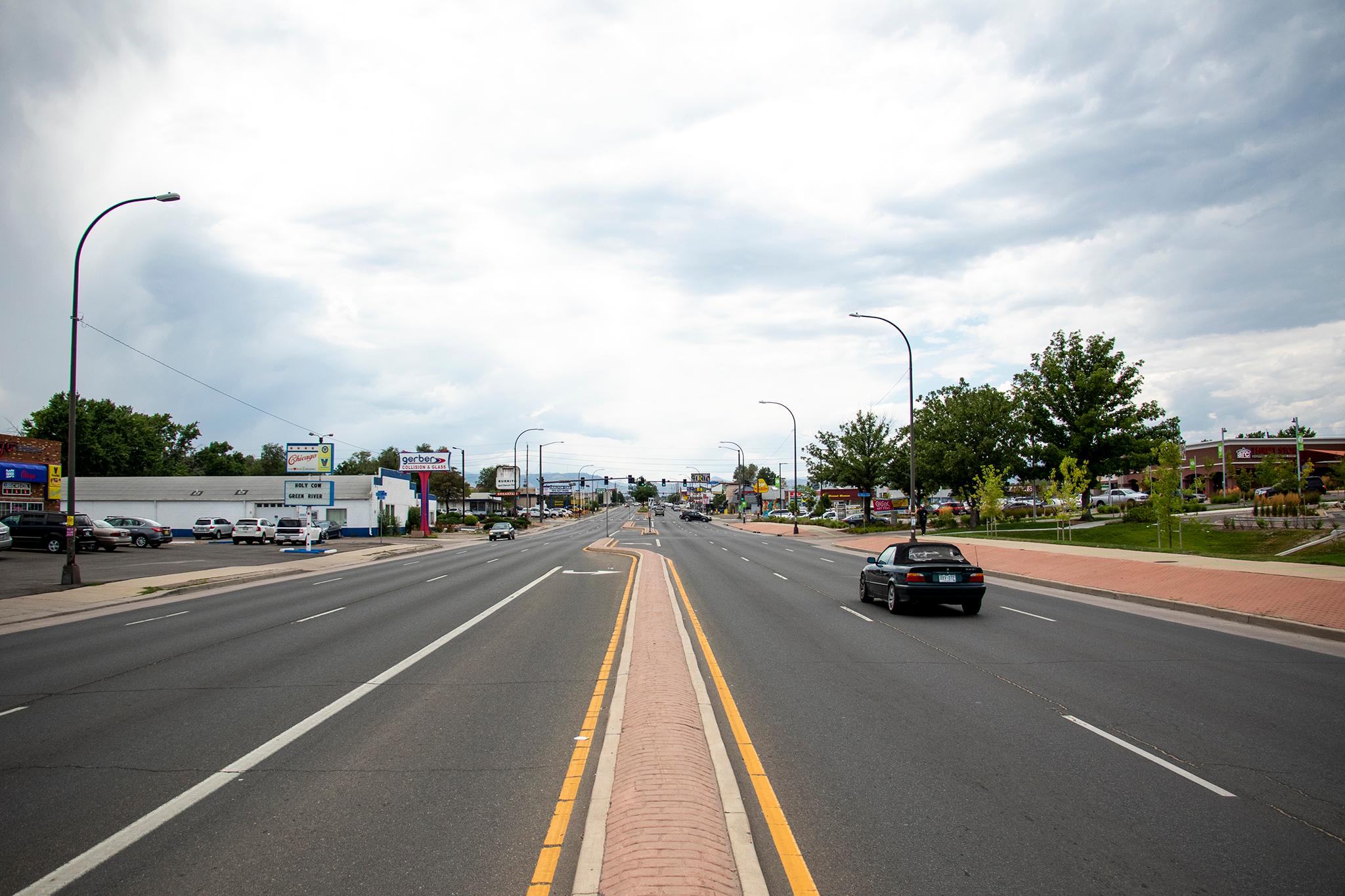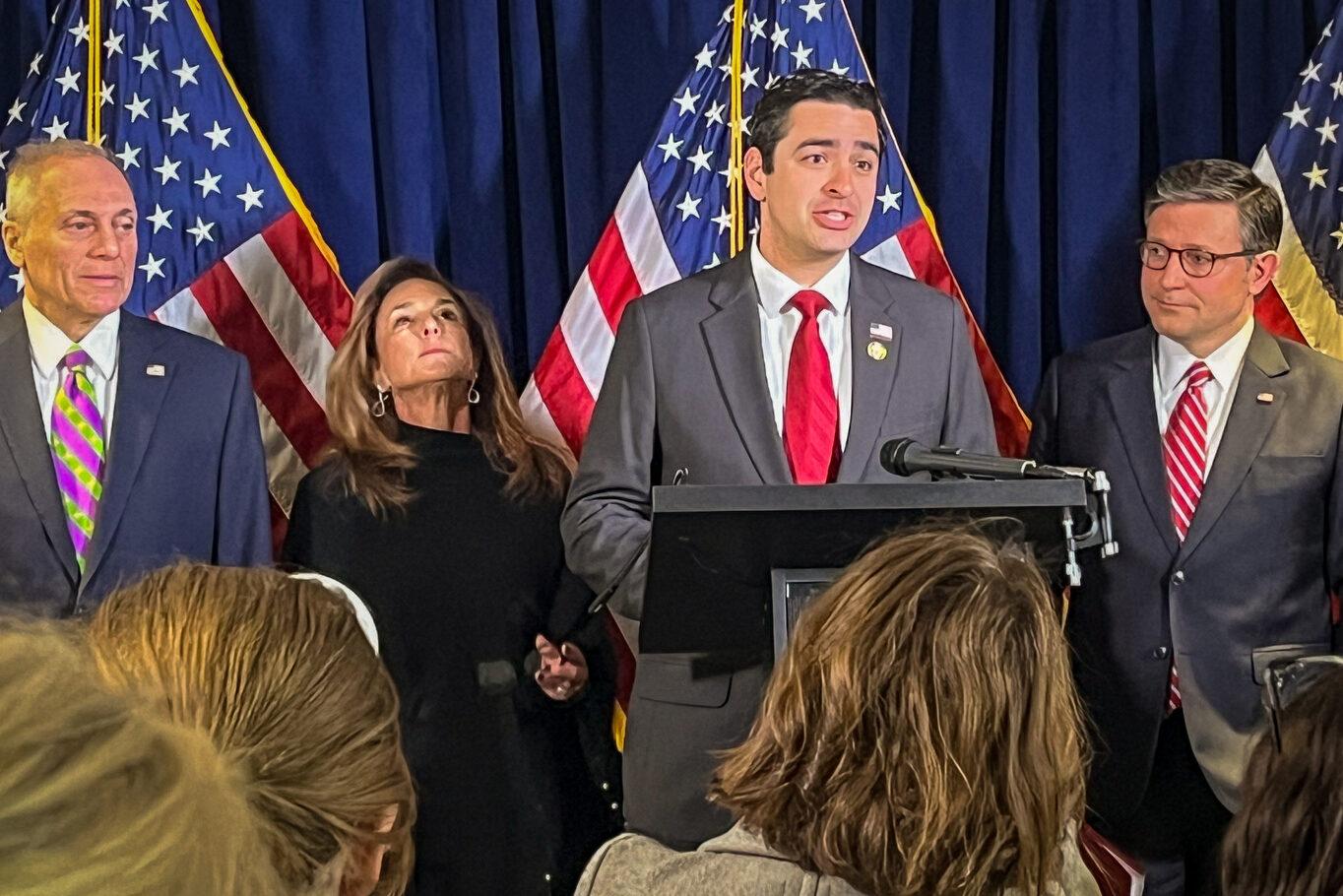
The city of Lakewood will issue about 400 new residential building permits this year under a plan approved early Tuesday by the Lakewood City Council.
Residents of the Denver suburb of about 155,000 approved Question 200 last July after a contentious campaign. The measure caps residential growth at 1 percent a year, which punches out to about 700 new residences in 2020.
But the City Council also took into account hundreds of permits already in the approval process and applied those toward the allowance for this year, the next and 2022. That will allow for just 413 new home permits in 2020, and roughly the same number for the following two years.
City staff had initially proposed a reduction in the number of new permits to offset already-in-process permits over just two years. But councilor David Skilling offered an amendment that spread that out over an additional year to help ease the transition to Lakewood’s new system.
“This has been an evolved conversation that we as a council have been struggling with,” Skilling said. “And anybody who says we haven’t been struggling with this hasn’t been watching.”
Many of the measure's backers were present to watch the meeting Monday and offered their own thoughts on the Council’s performance.
“I can’t tell you how angry and disappointed the people of Lakewood are in your performance,” Verla Wilcox told the Council. “You have failed to uphold the law of the land. You have suffocated our dreams and our hopes for our community with your over-development, get-rich, panhandling crap. And we’re tired of it.”
“Thank you,” Lakewood Mayor Adam Paul replied in a matter-of-fact manner. He asked for civility from members of the public numerous times during the meeting that lasted past 1:30 a.m.
“We’re going to have civil discourse in this arena,” Paul said.
The mayor was a vocal opponent of the growth limit but is now overseeing the measure’s implementation, making him the target of growth opponents. They argue the city has dragged its feet since the measure passed. And they say city staffers encouraged developers to submit their permit applications before the vote, which councilwoman Ramey Johnson said put City Council in an “impossible predicament.”
“It’s going to be difficult at this point to satisfy the intent of [Question] 200,” she said.
Some developers argue they had a legal right to apply for those building permits and called the plan approved by the council a good solution.
“This is not an easy process,” said Scott Watkins, who’s behind a high-density development called West Line Village near an RTD W Line light rail station. “I do believe that this compromise, as it’s being called, is the best way forward — to move forward and start the community healing.”
The measure’s backers say it was necessary to put “reasonable” limits on growth to help deal with worsening traffic congestion, air quality and other issues.
Colorado has grown by about 700,000 residents since 2010, with the vast majority settling along the Front Range. Jefferson County, which contains Lakewood, saw its population rise by about 8 percent to 580,000 in that time.
A Front Range-wide growth-limit measure similar to Lakewood’s could be on the 2020 ballot.








